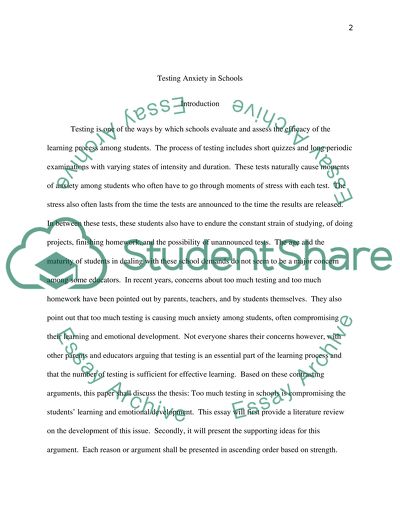Cite this document
(“Ethical Argument Research Paper Example | Topics and Well Written Essays - 3000 words”, n.d.)
Ethical Argument Research Paper Example | Topics and Well Written Essays - 3000 words. Retrieved from https://studentshare.org/education/1400206-ethical-argument
Ethical Argument Research Paper Example | Topics and Well Written Essays - 3000 words. Retrieved from https://studentshare.org/education/1400206-ethical-argument
(Ethical Argument Research Paper Example | Topics and Well Written Essays - 3000 Words)
Ethical Argument Research Paper Example | Topics and Well Written Essays - 3000 Words. https://studentshare.org/education/1400206-ethical-argument.
Ethical Argument Research Paper Example | Topics and Well Written Essays - 3000 Words. https://studentshare.org/education/1400206-ethical-argument.
“Ethical Argument Research Paper Example | Topics and Well Written Essays - 3000 Words”, n.d. https://studentshare.org/education/1400206-ethical-argument.


